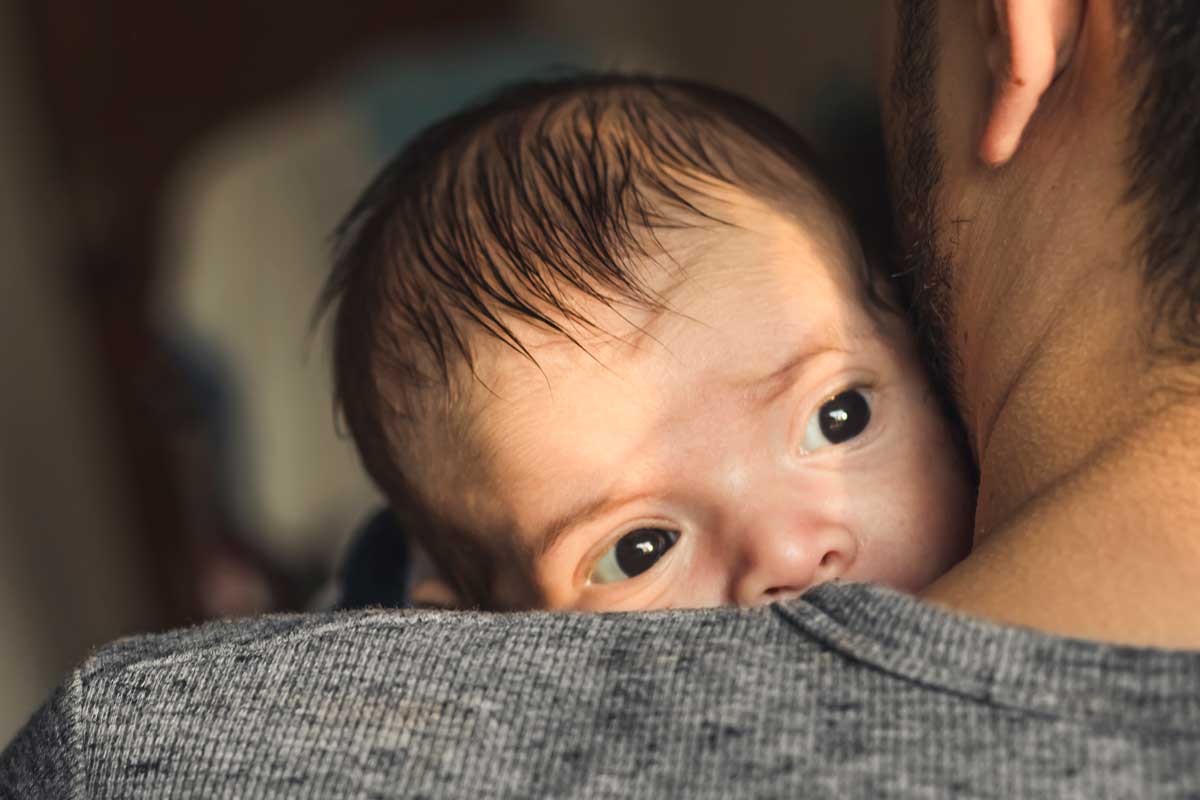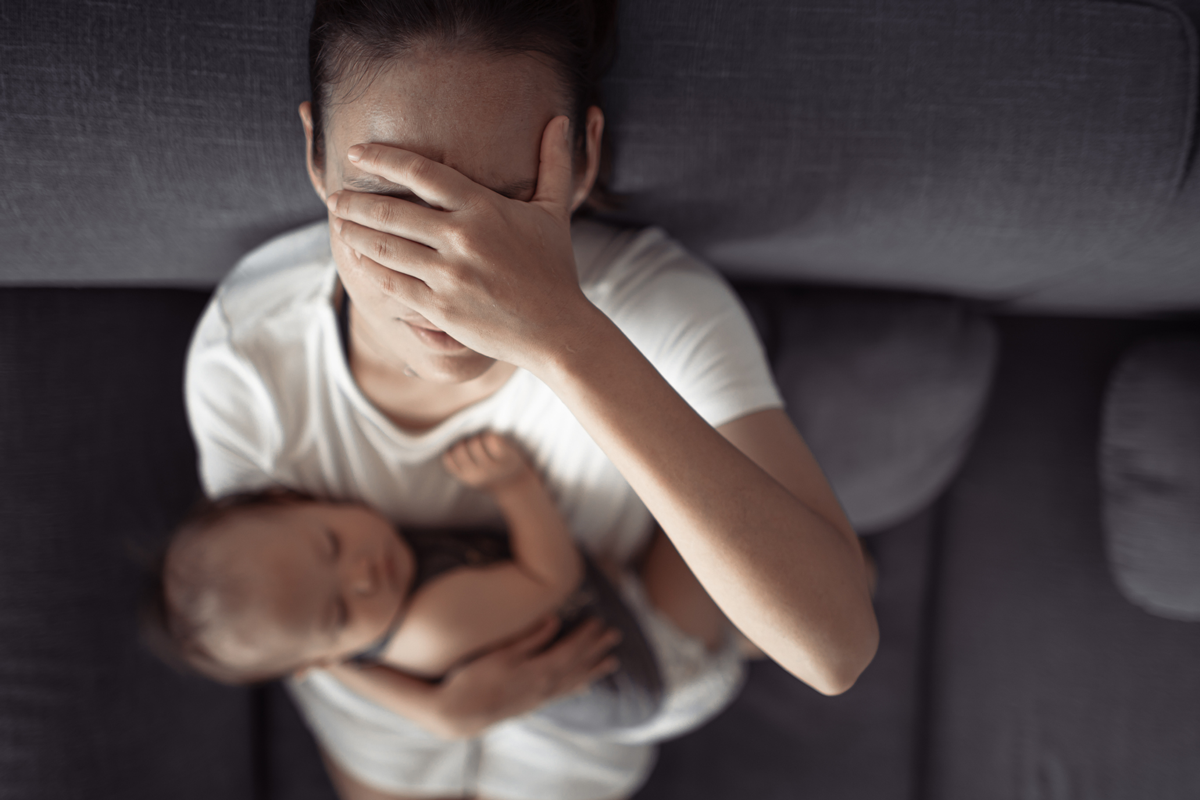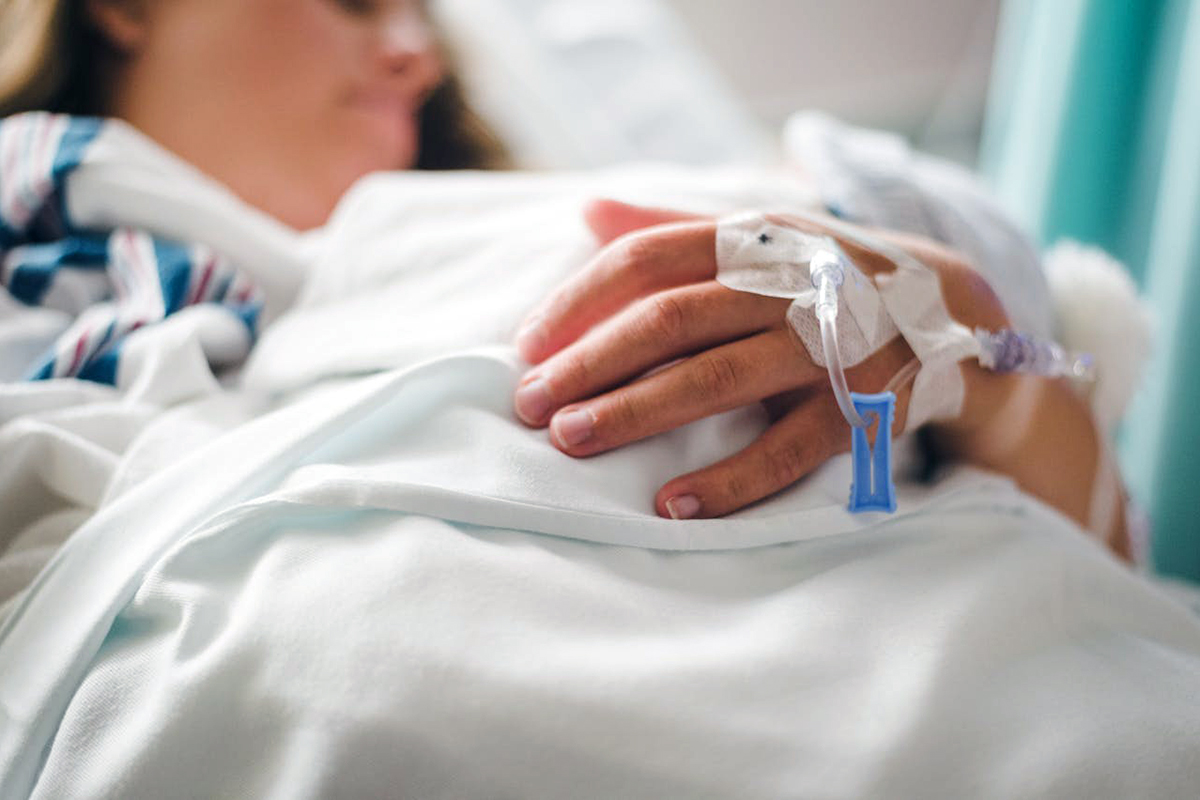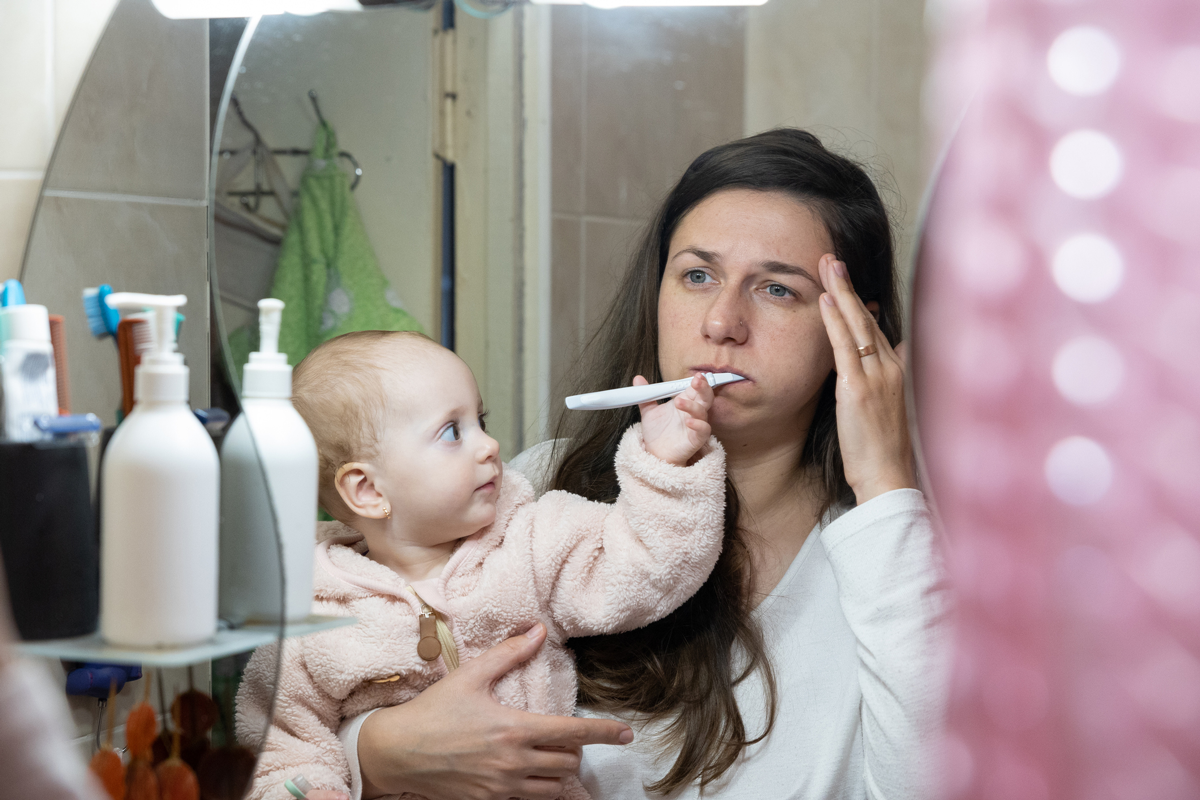I read your article about the new postpartum depression drug, thank you! I was surprised to hear that the participants of the study stopped breastfeeding. Could this not have had a major impact on the results? It may have taken so much pressure off, allowed family members to help with (night) feeds, reduced the stress around breastfeeding issues, etc. I am wondering if better sleep and less breastfeeding stress could have really been the driver behind this positive result?
—Christina
There were a number of comments about this in reaction to the post on zuranolone and postpartum depression. There are a few answers, depending on exactly the question!
One thing you might ask is whether the impacts of the medication could have, in fact, been impacts of the breastfeeding cessation. The answer is no. Participants in both treatment and control conditions were required to stop breastfeeding. So that would not explain the impact of the medication.
However, as I noted in the original post, there was a decline in depressive symptoms even for the placebo group. Could this have been a result of changes in breastfeeding?
It’s difficult to rule out, but also hard to rule in. The paper has limited information (by which I mean “no information”) about what share of people were breastfeeding before. So it’s hard to know if this would be a large enough share to matter. In addition, the literature on links in either direction between breastfeeding and postpartum depression are unclear. In a correlational sense, breastfeeding is associated with less postpartum depression. I do not think that’s causal, but we don’t have any experimental evidence pushing in the other direction.
Bottom line: Could this play a role? Maybe, but it’s just very hard to know.
Community Guidelines















Log in